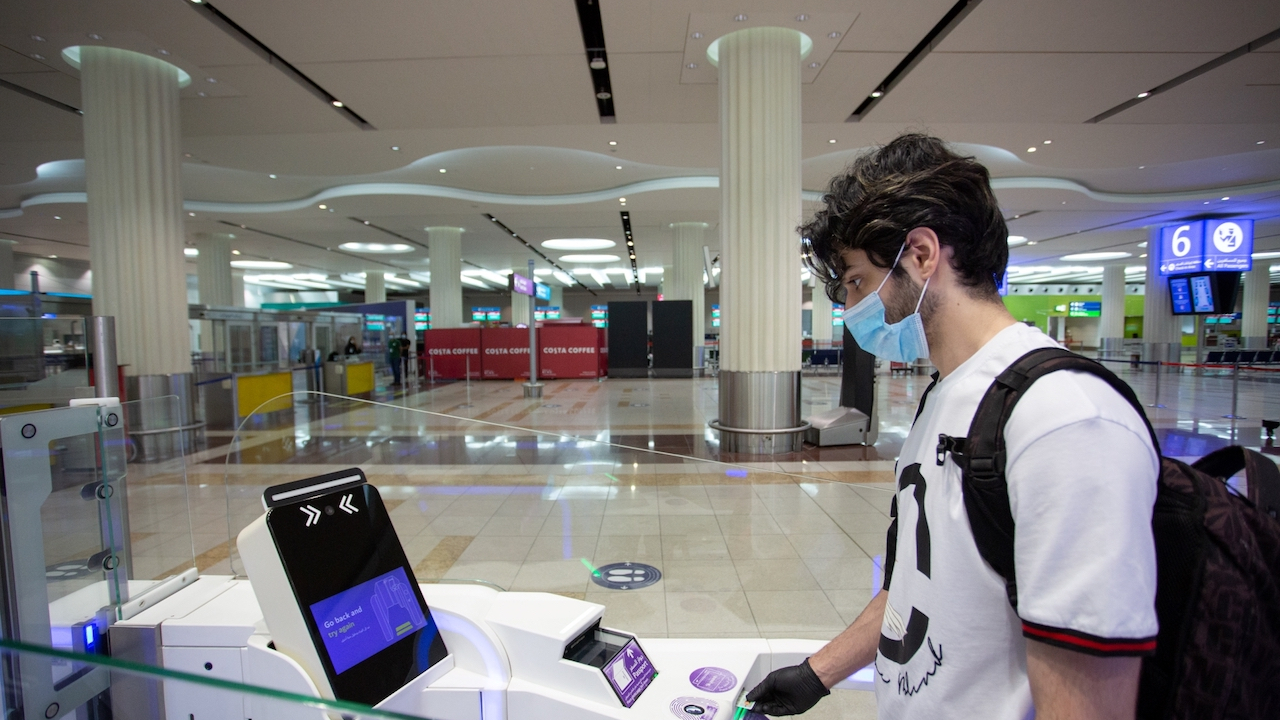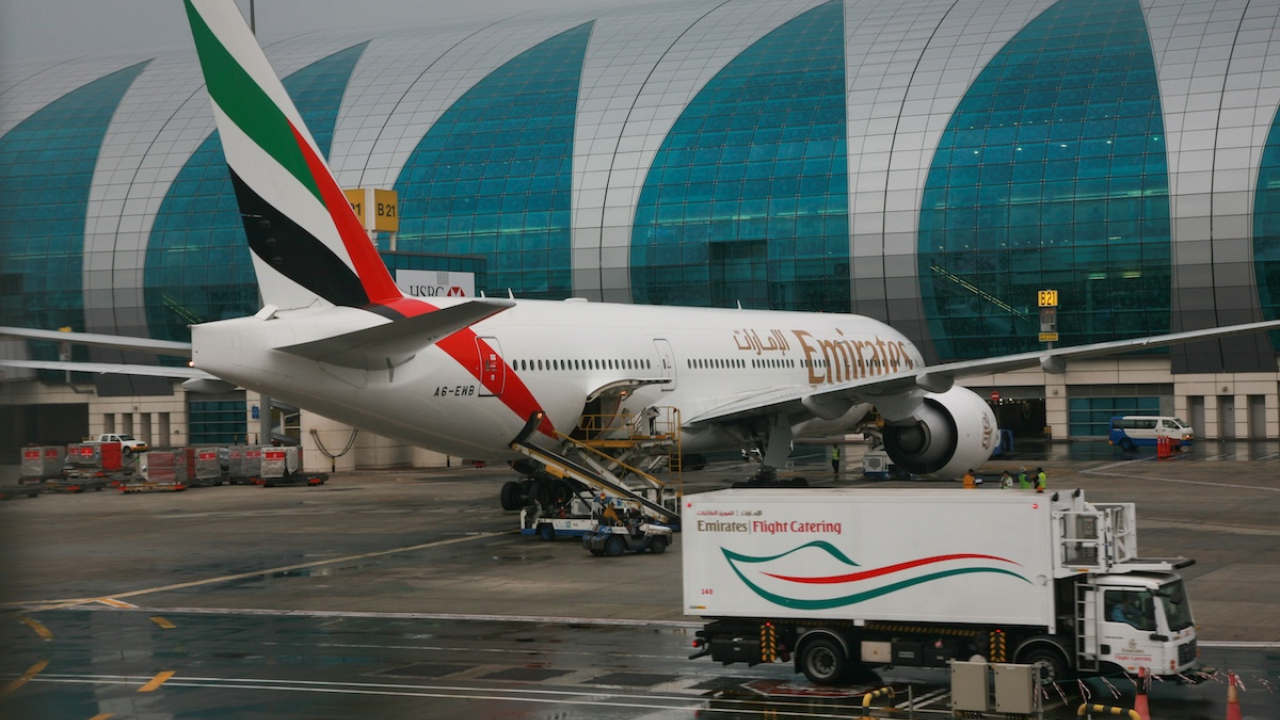Why you should never waste a good crisis...
Paul Griffiths believes the Dubai Government’s approach to the Covid crisis put the emirate in a great position when it came to recovery and back to growth – and with a lot of lessons learned.

Dubai managed Covid well to bring about speedy recovery. IMAGE: Dubai Airports
“It was Winston Churchill who said ‘Don’t waste a good crisis’ and that worked for us,” he said, “The pandemic gave us a reason to make some of the tough decisions that would have been more difficult in good times.” As throughout the industry, the pandemic came to Dubai quick and hard.
“Governments around the world were debating, and there was no clear direction,” Griffiths said. “We had our normal seven million passengers through the airport the previous month and we were set for a great year. But on March 24th 2020 I looked out of my office window, and instead of hearing and seeing throngs of people there was no one. We went from heroes in the industry to zero in the space of 24 hours”.
“We knew there was no rule for it. We had to make things up as we went along, but, I think the confidence of the Dubai government stood us in amazing stead.”
Griffiths said the company was encouraged not to make deep cuts that would make recovery difficult. “I think one of the human failings is that when there's a crisis, people go into a mode where they think the world will never recover and business travel won’t happen ever again,” he said
“We believed there would be a recovery. We were confident about it. We were also confident that the rebound would be very dramatic, because there's nothing that stokes demand than a shortage of supply, or in this case, two years of people being sat in front of screens at home, waiting for the ability to get around the world again.”
But Dubai was ready, Griffiths said they were able take advantage of the hockey stick recovery and emerge stronger, leaner and more resilient than ever before. Full shutdown was short for Dubai. Emirates began critical cargo flights. By June UAE resident could fly home and on July 7th 2020 the airport formally reopened to international travellers.
“May’s throughput was equivalent to just four hours of May 2019,” Griffiths said. “We had to do something about outflow of cash, and renegotiated 61 per cent of our supplier contracts based on significantly lower volumes. We also partnered with people in our supply chain to make sure risk was shared. What we had to be very careful about was that this didn't result in the risk being assumed by us at a later date. It was a risk sharing exercise, not a risk transfer exercise.
“We also drastically reduced staff numbers. We took 34 per cent of our employees out of the business. However, we put in place some novel arrangements with suppliers so we could re employ them through output-based performance contracts, and mothballed a lot of facilities to save costs while moving contracts from supply contracts to partnership contracts.
A deal was struck with Serco to take a thousand frontline staff, to train and be ready for recovery with incentives from customer service ratings.
“The transition from an employment based model to an outsource performance based model was a critical part of our recovery, and certainly very novel in the industry.
In December 2021 DXB returned to the full operation capacity with the reopening of Concourse A. The results have been dramatic.
In 2020, the annual traffic fell 70 per cent, in 2021 it grew to 29.1. But in 2022 numbers surged 127 per cent to 66 million. 2023 saw DXB exceed its pre-Covid levels with 86.9 passengers. Last year DXB set the record for international passengers of 92.3 million, surpassing the previous peak of 89.1 million in 2018.
“We learned to be confident that if there is a crisis, it will come to an end, and being ready to emerge from it is just as important as it is to manage the crisis itself,” Griffiths said.
Stay up to date
Subscribe to the free Times Aerospace newsletter and receive the latest content every week. We'll never share your email address.


